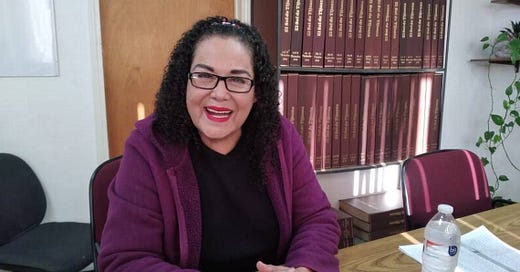Review of the press for January 24, 2022
Journalist killed in Tijuana, she is the third reporter murdered in 2022 in Mexico. The Cuban regime arrested a group of Ladies in White. Biden. Rio de Janeiro. Venezuela. Perù. Colombia
Keep reading with a 7-day free trial
Subscribe to Latin American Insider to keep reading this post and get 7 days of free access to the full post archives.




